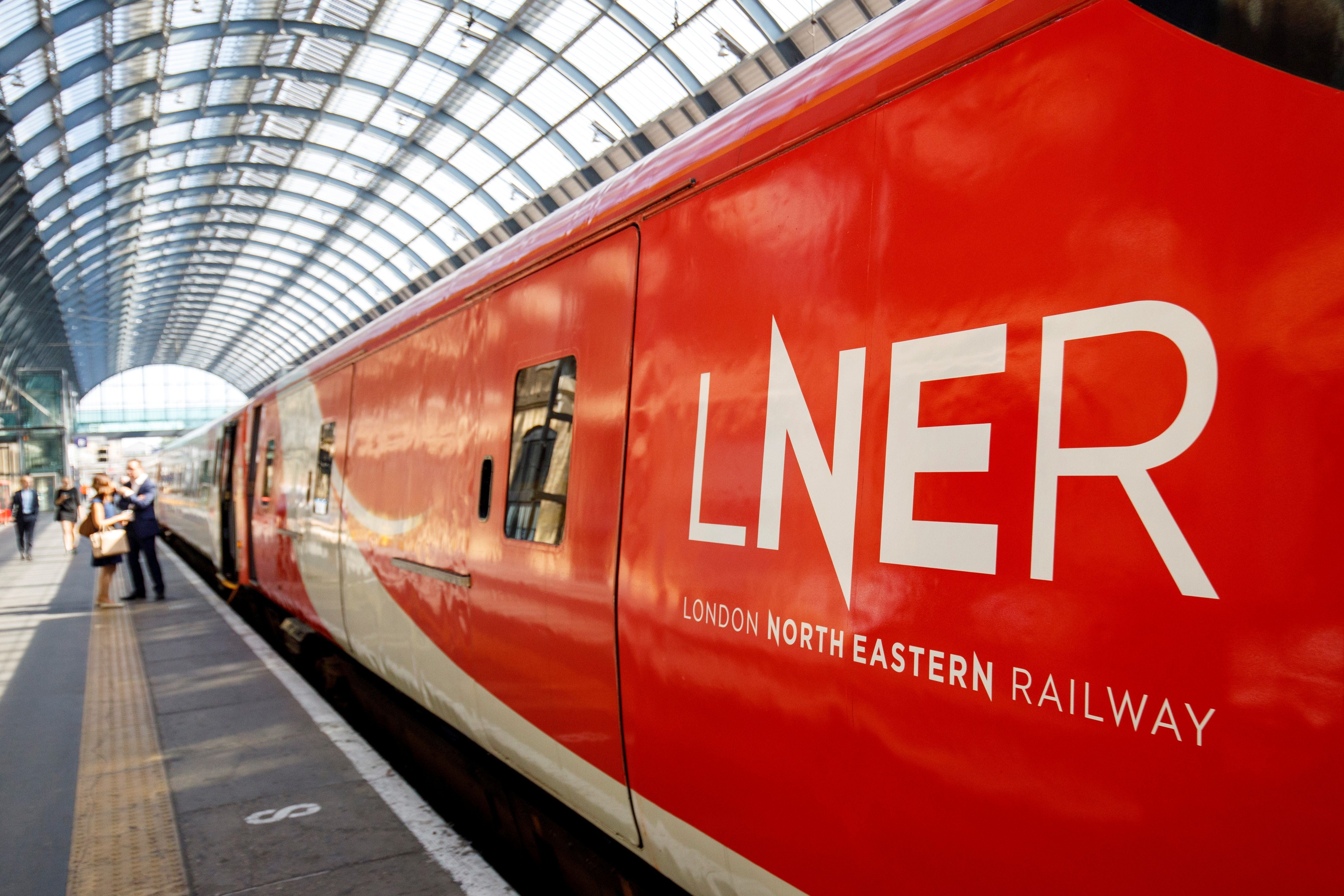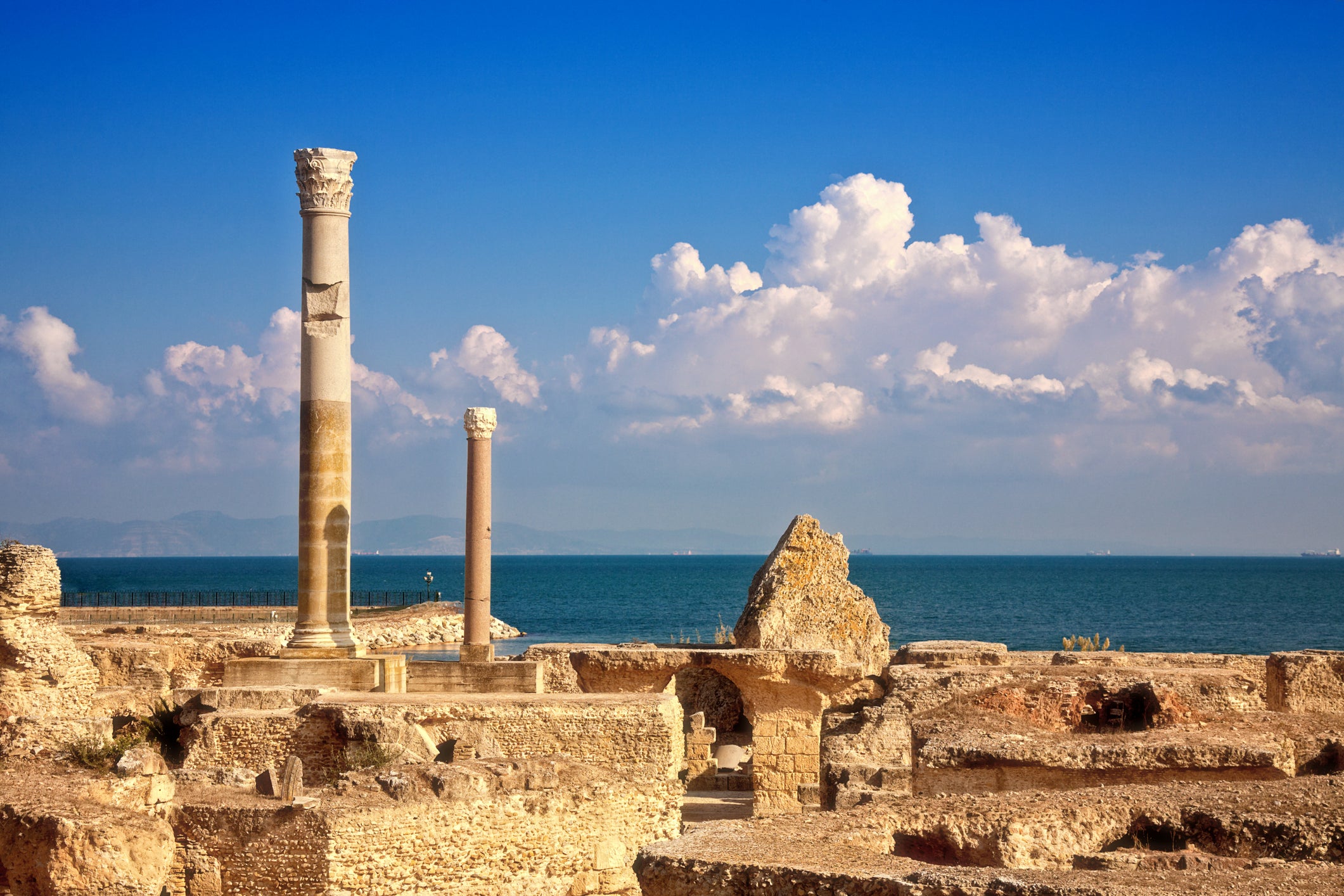Can I get compensation for my occupied train seat?
Simon Calder answers your questions on the latest travel rules and the best time to visit Tunisia


Q At the weekend I travelled from Peterborough to Durham with LNER. I waited on the platform close to a group of four elderly people who were accompanied by station staff. When the train arrived, they were directed to sit down at a table of four where one of the seats was mine.
A member of staff found me another seat on what was a very crowded train, but I could only occupy it until York – whereupon I had to leave and switch to another for the last 45 minutes of the journey.
Engineering work meant that the trip took over three hours rather than just over two, and I ended up sitting backwards instead of forwards (which I always book), which made me feel queasy. Do I have any right to compensation?
Name supplied
A How annoying. On trains across the nation, weekends are often busier than weekdays. But with Network Rail continuing to arrange engineering work on Saturdays and Sundays, many travellers are enduring longer-than-usual journeys, including on the East Coast main line from London to Yorkshire, northeast England and Scotland. It’s tedious enough, without having your reserved seat pinched.
LNER staff are very good at looking after passengers, especially those who need extra help, and the group you saw were clearly well cared for. But plainly you (and possibly other passengers) were disadvantaged.
As with any transport operator, LNER reserves the right to change seat reservations if the circumstances demand it. To its credit, LNER addresses that problem of being left seatless to the Tees with its “seat guarantee scheme”. The promise: if you can’t take up your pre-booked place “and our staff can't track you down an alternative seat” you get a full refund of the one-way fare. To claim, you need to get the train manager to endorse the ticket/seat reservation to confirm the disarray.
Unfortunately, you don’t qualify as you were found somewhere to sit – even though it was far from ideal. In the unlikely event that there’s a repeat, explain that facing backwards makes you feel nauseous, and invite the train manager to come up with a solution that works for you.
Who knows: it might even involve an upgrade to first class.

Q We’re taking our children, aged seven and 10, on a three-night break to Venice in early April. I’m confused about the testing requirements we will need to follow. I see that their restrictions have been significantly eased for those who are vaccinated (like myself and my husband) and I believe all we now need is our NHS Covid pass. But the children are too young to be vaccinated and whilst I understand they will need to test prior to departure, I’m struggling to find clear information on what we need to do once we’re there. Am I right in thinking they may need to keep doing repeated tests in order to enter a hotel or restaurant or public place?
Rachel B
A The rules for entering Italy remain fairly onerous. “Children aged six and over must follow the rules for adult travellers,” the Foreign Office says. As you indicate, this means your seven- and 10-year-old must get a test before arrival. Once in Italy, a whole new raft of rules takes effect when visitors actually want to do anything, from boarding a vaporetto on one of the Venetian canals to dining out at a trattoria.
As anyone who has visited Italy in recent months, you need the “Super Green Pass” to access many public venues. It requires proof of vaccination (with time limits), recent recovery or a very recent negative test result. Your children’s ages are ideal, though, because under-12s are exempt from having to provide this proof at every turn.
I would be more concerned about status for adults if you have not yet had a booster: to get into Italy your initial vaccinations are regarded as expired after 270 days, and once in the country the validity shrinks to 180 days. If you have been boosted, though, there is no time limit.
We are still a month away from your trip, and in that time I confidently predict that more restrictions will fall away. Other southern European locations are reducing their obstructions to family holidays, and Italy’s traders do not want to be left behind. Finally, I hope you will make the most of the excellent ferry service around the Venice Lagoon, which was a particularly happy aspect of my most recent family trip.

Q I’m thinking of going to Tunisia in early April. Do you think the weather will be OK then? And what are the must-sees, please?
Julsey
A Tunisia is an excellent choice of destination before Easter: you can expect bright, sunny days (though the Mediterranean will still be rather chilly) and cool evenings. With plenty of daylight but none of the intense heat of summer, April is an excellent month in which to explore this fascinating north African nation.
Tunis, the capital, is a great place to start: a combination of Arabic intensity and French style. The Bardo museum, west of the city centre, is a magnificent location for a superb collection of classical creations. Nearby, Carthage is the leading archaeological site and well worth a day – though the city-state that once dominated the western Mediterranean does get bizarrely tangled with suburbia.
A brief history lesson: the people of Carthage became known by the Romans as the Punici, and the two great empires fought the Punic Wars. The Carthaginian general Hannibal led an army spearheaded by war elephants over both the Pyrenees and the Alps to defeat the Romans. But the tide turned, and Carthage was eventually levelled – with Roman infrastructure taking root among the ruins.
Almost next door, Sidi Bou Said is the cliff-top village that distils most succinctly the character of Tunisia – with blue-and-white-painted cottages clustered around cobbled lanes. Bizerte, Tunisia’s northernmost citadel, is a relaxed, friendly and profoundly picturesque port – populated by fishing boats in primary colours and presided over by an atmospheric kasbah.
Most travellers, though, will be aiming for the string of resorts south along the east-facing shore from Hammamet. As it happens, Hammamet is my east coast location of choice, with a fascinating Old Town as well as lots of touristy facilities.
Inland, there are plenty of tours into the desert. If you can, visit the Great Mosque of Kairouan, one of the holiest shrines in the Islamic world. This magnificent structure stands in vivid contrast to the mesmeric, monochromatic dusty wilderness beyond.
Email your questions to s@hols.tv or tweet @simoncalder


Join our commenting forum
Join thought-provoking conversations, follow other Independent readers and see their replies
Comments